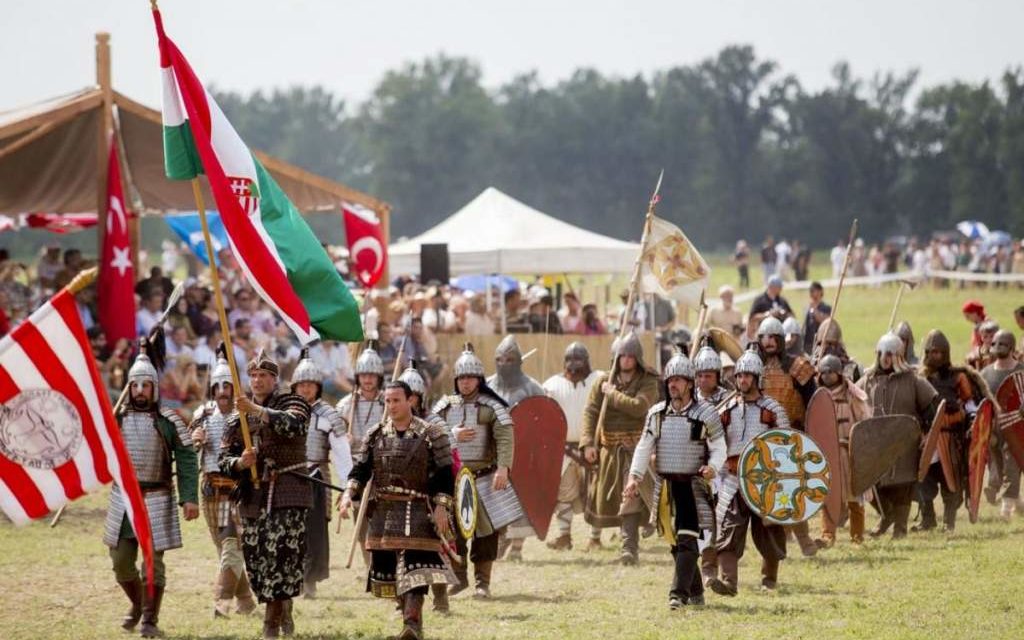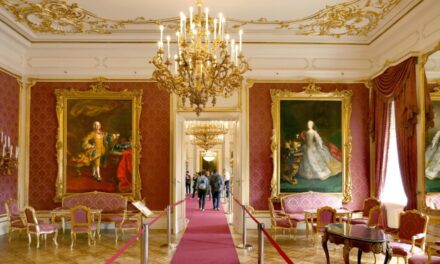"A nation that does not know its past does not understand its present, and cannot create its future!"
Can our generation (those born in the 1950s and 1960s) still be an example for today's young people?
We still walked to school and came home from there on foot.
If the teacher asked us to do any work, we were proud that we were given the task.
We still studied alone , and if we didn't think of something, we often had to stay at school for a little "further training" against our will.
We still wrote with chalk on the blackboard, pen and pencil in our notebooks , but at least we could read and write.
Our behavior was perhaps more "lively", but that was because we were full of energy that we had to unleash.

We didn't have a mobile phone yet , but we didn't even have a landline at home. Still, we were home on time, and we arrived everywhere.
We didn't go to expensive private lessons or gyms , but whoever wanted to, learned to play music, play soccer, ride a bike, swim...
If we received a scolding from the teacher or a classmate, we didn't rush to complain to anyone , we preferred to keep quiet about it, or take care of it with our own means. Yet we didn't feel that it was humiliating.
We were happy with all the food , we weren't selective, and we didn't throw away the food, especially the bread, we considered it a sinful thing.
On buses, trams, and trains, we gave up our seats to older people , it would have been a shame to have a person our parents' or grandparents' age standing next to us.
We respected our parents, grandparents, relatives, teachers, and neighbors. We greet all adults we know loudly in advance.
We always had free time for afternoon games , running, soccer, making friends, but if needed, we helped with the housework at home.
We were mostly healthy from a lot of exercise and good air , and we had few obese contemporaries.
We were always satisfied with what we got , and we didn't organize national "birthday parties".
We even went to school on Saturdays , for us the weekend, the holiday, the trip, the trip were a great treasure.
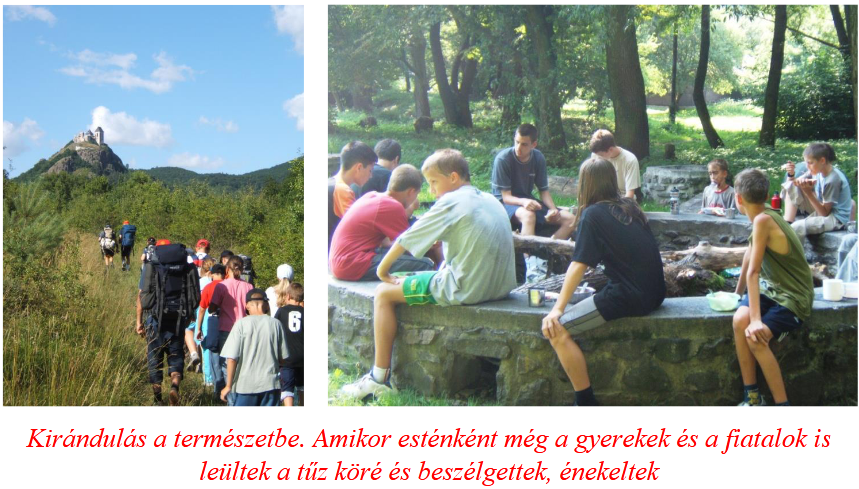
We are a generation that, although it still knew deprivation, it no longer had to fear hunger and war. At most, the spoken words of our parents, grandparents, and older relatives indicated that they were still afraid of something.
We still read books , we were happy if we sometimes went to the cinema, once a year to the theater with the school.
We are a generation that can rightfully call itself the "generation of peace" .
We are a generation that had desires , which perhaps could never be realized, but this did not always lead to mental damage.
We have not yet visited a psychologist , we only went to a doctor if it was unavoidable.
We are a generation that will never return.
Today's young generation through the eyes of older people in their sixties:
Parents take you to school by car because they are afraid, because the journey of a few hundred meters is tiring for you, or because you are tied to the exact time.
If a classmate or your teacher looks at you badly, you got a bad grade online, you don't leave it at that, you rush to complain.
are aware of your rights , you cannot be asked to do a task that conflicts with your sensitivity.
When traveling on a bus or tram, you do not give up your seat to an older person, even if you see that it is difficult for them to stand.
You don't take a single step without your smartphone , you do all your good and bad things with it, or you do it.
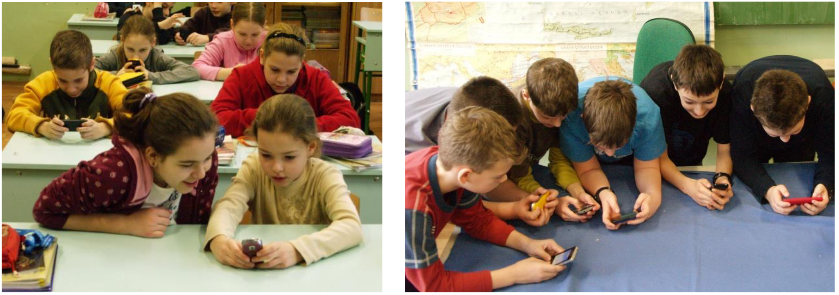
Every minute of your time is scheduled , after school you rush to special lessons, training, and all kinds of "important" activities.
You live in comfort, but not in safety. You have to be afraid on the street, you often have to be afraid of your mischievous classmates. Unfortunately, we often have to fear the conditions at home, the quarrels of our parents, physical abuse, and divorce.
You don't respect adults, including your teachers, parents, other relatives, and neighbors , and you often refer to them with adjectives that don't tolerate printing ink.
You look forward to the long weekend when you do nothing , and what you should do, they mostly do for you.
(Of course, these summary statements do not apply to everyone, they are only descriptions of an age-related symptom.)
Although the critical words are true, newer and newer generations see it differently. But you can also see that among the twenty- and thirty-year-olds who enter the workforce, there are a lot of intelligent, multilingual, educated, world-viewing young people. What is a great merit in this graying world is that they can speak, formulate and write beautifully. Let's also think about them when we express an opinion about an entire generation, or when we formulate characteristics that are only partially true and only generalize.
What kind of worldview lies behind this education, language skills, and world view is another question. Does a young Hungarian feel better in London, Paris, Berlin, Vienna or New York than in Budapest? It is likely that many young people see the mentioned cities as bigger, richer and more colorful than the capital of their own country. This charm does not break for him, even if he experiences and sees more and more often the danger lurking in the mentioned cities - and of course in the countries - for the so-called civilized world. Many may ask in amazement: what kind of danger? The things that have now clearly challenged the two-thousand-year-old European culture, the values that we were so proud of a few years ago, and rightfully so. (Culture, including attacks on the European family model and the Christian religion, migration, gender theories, and the overwhelming power of money and the media.)
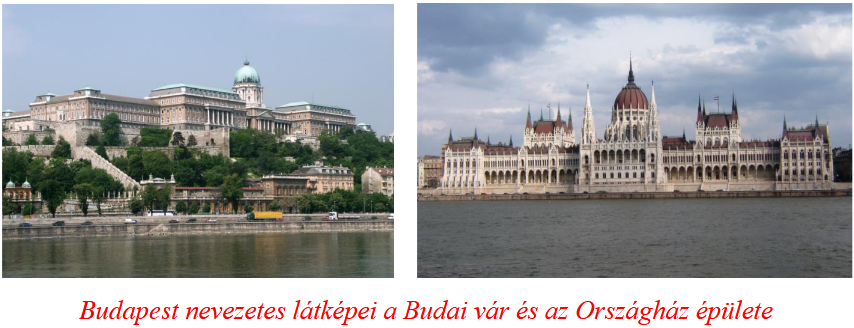
The following depressing examples were collected at one of Budapest's "leading universities" by a professor who considers it important that a student graduating from a humanities university should also have education in the classical sense. After all, these university graduates represent the replenishment of the country's intellectuals. By the way, in the seminar linked to the diploma, the professor assessed and systematized the students' cognitive Hungarian identity (the science of cognition) for years. Summarizing the results of the surveys, students' knowledge of Hungarian history, literature, geography, arts, works of art, inventions, or even gastronomy is close to zero.
Among the examples, it should be mentioned that József Katona is mentioned as the composer of Bánk bán, Sándor Petőfi and Attila József , and the geographical locations of Pannonhalma and Tokaj are mixed up. They identify Géza Gárdonyi as the author of the Pál street boys Pál Szinyei Merse 's painting Majális, according to them, depicts Pan's European picnic. László Papp is known to be an athlete, most people classify him as a swimmer or a swordsman. Not a single student recognized Rákóczi's opening act or Ferenc Liszt's Magyar Rhapsody .
The professor tries to motivate his students to acquire useful knowledge by saying that those who lack a "national" identity will not be able to innovate so often. In this case too, think of the tree whose roots die...
Ferenc Bánhegyi
The parts that have been published so far can be read again: 1. , 2 . and part 3

